Mobilising the power of humanity – Red Cross service in wartime and conflict
7 April 2025
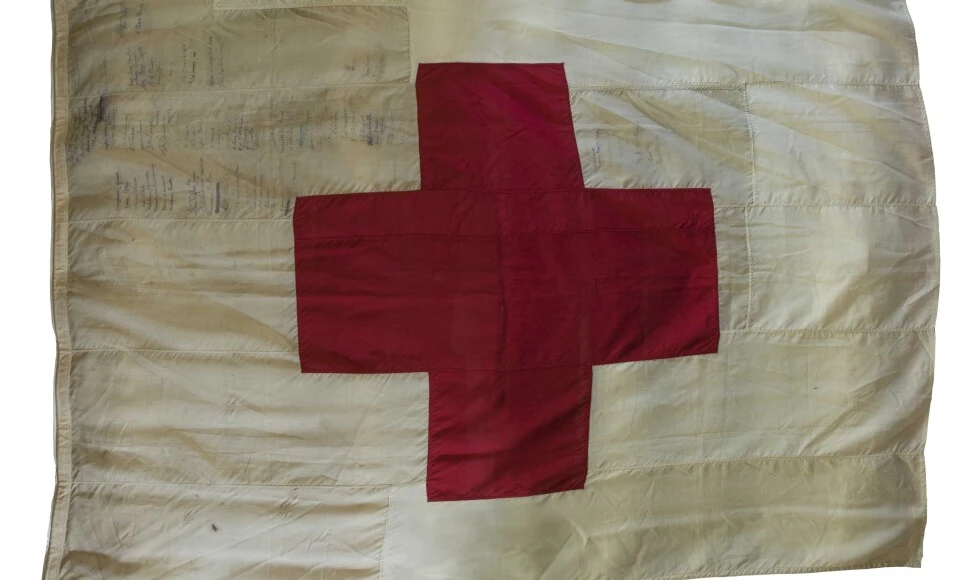
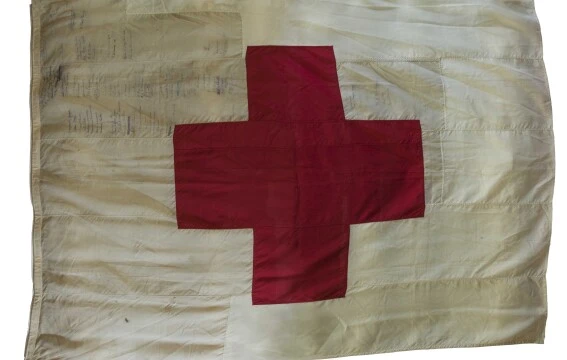
Although Anzac Day remains closely linked to its First World War origins, it’s come to signify service and loss during many other conflicts.
Since our founding, thousands of people have mobilised for New Zealand Red Cross during times of conflict in roles aimed at bringing relief to suffering people. This reflects our humanitarian spirit and the desire for a world in which all people share a sense of peace, security, and wellbeing. We’re taking the time to remember those who served in the past, as well as the incredible humanitarians we continue to send overseas to provide humanitarian relief.
This is a very brief overview of some of our incredible history. Much of the information shared in this story is found in ‘Across the Street, Across the World: A history of the Red Cross in New Zealand 1915 – 1916’ by Margaret Tennant.
Our wartime foundations – 1915 to 1918
When the First World War broke out in 1914 and Kiwi service personnel joined the war effort, many people requested that Red Cross be formally set up in Aotearoa New Zealand. Governor-General Lord Liverpool called a meeting, and in 1915 the New Zealand Branch of the British Red Cross was born. The first tasks were to collect funds, food parcels, and medical supplies to send to troops overseas.
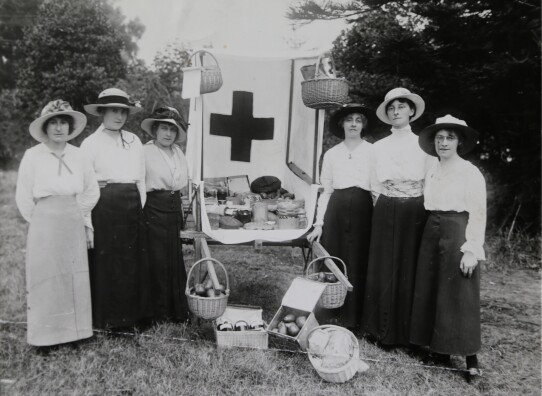
Women fundraising for Red Cross during the First World War.
All over Aotearoa, Red Cross volunteers — mostly women — spent hours making goods, receiving items from others, checking their quality, and packing them to send overseas. We had four central depots across the country which received donations of cash, clothing, and other items to send overseas or be sold to raise money.
The driving force behind raising money and sending parcels was the huge emotional toll that the war had. Grief and loss could be poured into collective efforts at a time when everyone was suffering.
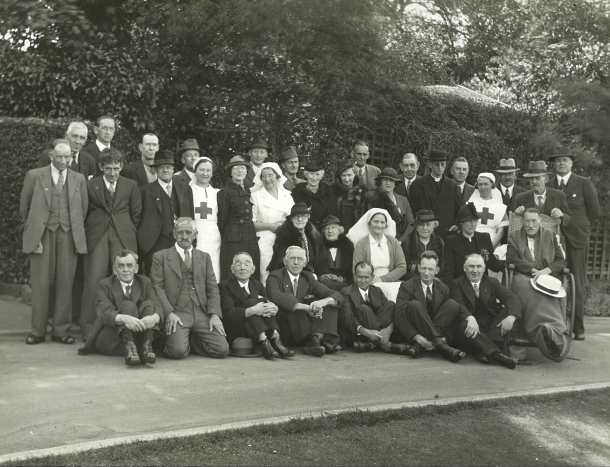
The 'Old Brigade' of the New Zealand Branch of British Red Cross and order of St John at Montecillo Home in Dunedin, 1930s.
Though we had many Red Cross nurses here at home, we didn’t send nurses to the battlefront. New Zealand Red Cross nurses who served overseas during the war did so with other Red Cross Societies, including with British Red Cross, or with the New Zealand Army Nursing Service. Red Cross nurses in Aotearoa treated and cared for service personnel once they returned home.
During the First World War, we also had volunteers working with the International Committee of the Red Cross (ICRC) as ‘Red Cross searchers’. They helped to reconnect family members that lost contact with each other – the precursor to what we know now as Restoring Family Links. The New Zealand outpost was located at the Red Cross depot in Ōtautahi | Christchurch. The team received over 4,000 inquiries, which they forwarded to contacts overseas as well as the Department of Defence, soldiers’ clubs, RNZRSA, and military camps. They also published lists of prisoners of war and organised care parcels which were delivered by the Swiss Red Cross Prisoners of War Bureau.
Another war – 1939 to 1945
During the Second World War we sent employees to overseas medical units and provided supplies to hospital ships. At home, more than 1,000 volunteers packed over one million care packages to send to people serving in the war. Our communications bureau sent almost half a million messages between prisoners of war and their whānau and friends. We also supported returned service personnel by providing clothing, food, and transport.
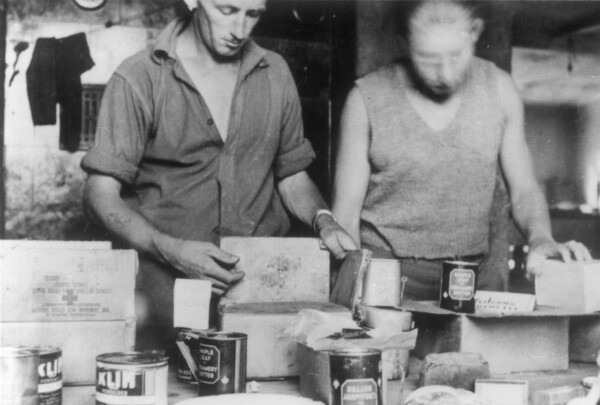
Allied prisoners of war sorting through some food rations. Courtesy of the Air Force Museum of New Zealand.
Dances, shops, bake sales, and festive balls were all held to raise funds – following well-established methods honed during the First World War. Volunteers stitched clothing to be sent overseas, created both sterile and ordinary bandages, as well as other items which were sent to service hospitals in Aotearoa New Zealand and overseas.
Unlike during the First World War, everything from wool to flour was rationed during the Second World War. This meant that volunteers had to get creative with their materials. They knitted course khaki merino wool into socks and created care packages without rationed goods.
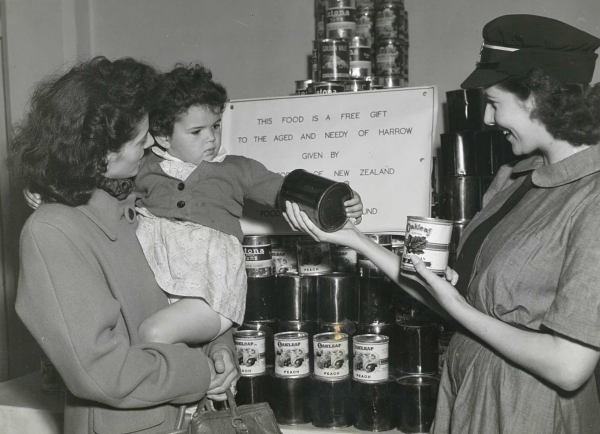
Food gifts from New Zealand Red Cross given out in Harrow, Britain, 1946
In 1944 we helped welcome more than 700 displaced Polish children, which marked the beginning of our work supporting former refugees.
At the start of the Second World War, both the British and German governments agreed to treat each other’s prisoners of war according to the 1929 Geneva Conventions. This allowed ICRC to send delegates into prisoner of war camps, provide supplies, and exchange information about interned people.
Around 9,000 New Zealanders were captured between 1939 and 1945. We raised funds so that Kiwi prisoners of war could receive care parcels from the British and Canadian Red Cross Societies. Basic food items were included in food parcels – chocolate, condensed milk, tinned meat, jam, butter, sugar, tea, and anything else that could fit. To prisoners of war however, some of whom were held for years, these items were anything but basic. We also sent next of kin parcels to prisoners which had hand-knitted clothes, books, combs, and letters from home.
Warrant Officer R Thompson spent four years in 13 different prisoner of war camps. He said of the care packages, “it was our link with civilisation, so we didn’t just sit down and give up.”
A constant presence during conflict
Since 1960, we’ve sent international delegates all over the world to save lives, relieve suffering, and maintain human dignity on the front line in the aftermath of disasters and conflict. Through our Fundamental Principles of humanity, neutrality, and impartiality, our delegates have helped people most in need during some of their darkest days.
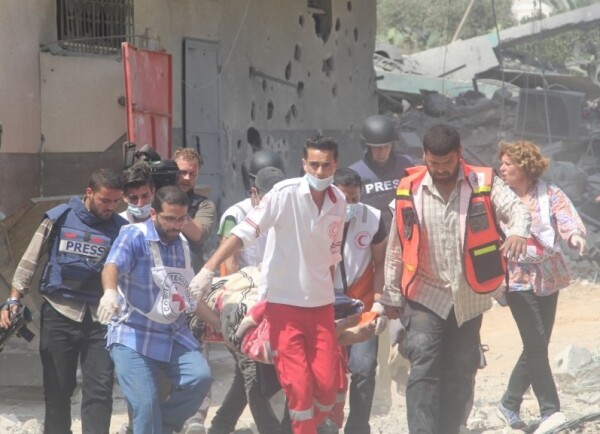
Gail Corbett with members of Palestine Red Crescent evacuating a wounded person in Gaza, 2014.
Our first substantial group of international delegates was sent to Viet Nam in the 1960s. Many of our delegates were medical personnel, but also experts in public health and development. Though Red Cross service in Viet Nam ended in March 1975, we’ve continued to send delegates to provide humanitarian assistance in conflict zones. Our delegates have supported Red Cross missions in Asia, Europe, Africa, the Middle East, and the Pacific.
Delegates often work to provide care and support to vulnerable people while contending with curfews, prison systems, inadequate medical equipment, weapons, violence, threats, and loss of life. Delegates have driven long distances on dangerous roads to provide relief, as well as identified and laid the dead to rest with dignity.
“There were a lot of deaths, a lot of bodies. For the local people their priority is to bury their dead very quickly, but our priority was helping the wounded and getting the women and children out,” said Gail Corbett of her experience working with ICRC and Palestine Red Crescent in Gaza in 2014.
Other delegates have visited, treated, and facilitated the release of prisoners of war. In 1988, Judy Owen was part of the ICRC team that facilitated the release of more than 4,000 prisoners of war held in Somalia and Ethiopia.
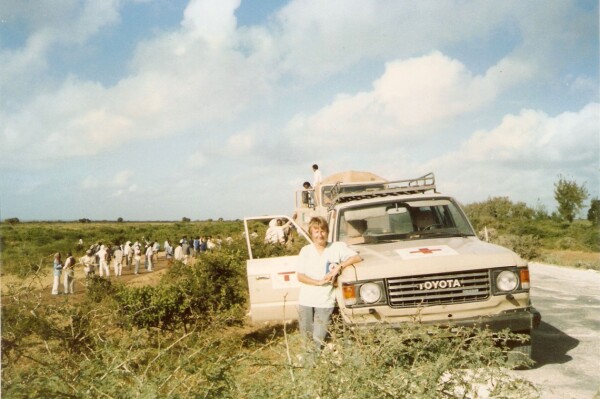
Judy Owen in Somalia, 1988.
"When the prisoners of war finally saw the plane, and they went up, that's when the excitement got a little bit contagious. It was just something you couldn't envision, people being prisoners in another country and all of a sudden, they've got the opportunity to go back home. You know, they walked down the gangplank of the plane and they kissed the ground."
In 1988, Jenny McMahon was held hostage with her team by an armed militia for nine days in Sudan. Margaret Bryson fractured her spine when the jeep she was travelling in hit a landmine in Kosovo in 1998. The colleague she was travelling with died. Other delegates have had weapons directed at them at checkpoints and have been terrifyingly close to explosions from mines or mortar shelling while deployed in conflict zones.
It’s a testament to their determination and commitment to humanitarian assistance that delegates choose to go to wherever the need is greatest.
A time to remember
While we commemorate the service of thousands of people who’ve contributed to our Movement, we also remember those who didn’t come home. Since 1975, three of our colleagues have died while on assignment overseas.
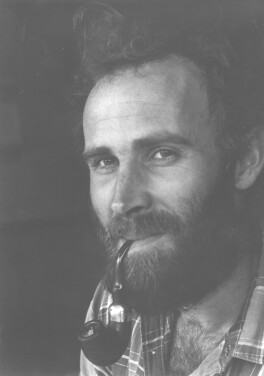
Mac was born in the United Kingdom and raised in New Zealand, he was a trained optical engineer and former lighthouse keeper. He first went to what was then South Vietnam with New Zealand Red Cross in 1973 and became leader of our sixth welfare team in 1974.
He was 30 when he died on 12 March 1975, 25 kilometres from the Red Cross compound.
In 2003, Mac was posthumously awarded the New Zealand Operational Service Medal for his services to Red Cross in Viet Nam.

Jock was a greatly loved and respected doctor from Hanmer Springs, Canterbury where he worked at Queen Mary Hospital. He and Māori therapist Monica Stockdale (Ngāti Kahungunu) established New Zealand’s first taha Māori treatment programme at the hospital in 1990.
He was 42 when he went as director general to an IFRC hospital in Kot Chandra Refugee Camp, Pakistan, where he was killed on 12 January 1993.
Jock was posthumously awarded the Henry Dunant Medal in 1993.
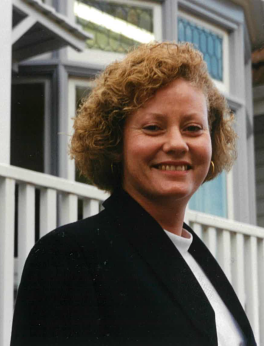
Sheryl was born in Gore, Southland and joined New Zealand Red Cross in 1989. She was seconded to ICRC and went to Khao-I-Dang surgical hospital in Thailand as a head nurse. She returned to the hospital in 1991. She also went to Afghanistan twice, first in 1990 and again in 1994.
She was 39 when she went to a Red Cross hospital in Novye Atagi, Chechnya, where she and five other ICRC workers were killed on 17 December 1996.
Sheryl was posthumously awarded the Florence Nightingale Medal and the Henri Dunant Medal in 1997.
More information
- Learn more about the International Red Cross Movement
International Red Cross Movement - Find out more about our history, from wartime service to Meals on Wheels.
Our history - In times of disasters, conflict, and other emergencies, we respond to the needs of vulnerable people around the world.
What we do overseas - Our Restoring Family Links team offers free, confidential services to help families who have been separated by conflict, disaster, or migration.
Find missing family overseas
